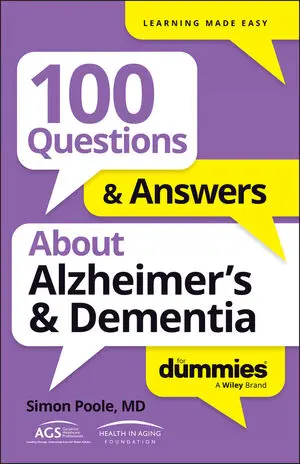It lists the following seven different stages, but Stage 1 is "Normal with no cognitive deficits." People who omit Stage 1 end up with a six-stage model.
- Stage 1: No cognitive decline; normal functioning. No deficits at all.
- Stage 2 or Forgetfulness Stage — Possible Mild Cognitive Impairment: Very mild cognitive decline. Patients begin to forget names of family members, friends, and common objects. They still function well in social and work situations. They may express worry about symptoms. Subjective functional deficit.
- Stage 3 or Early Confusional Stage — Mild Cognitive Impairment (MCI): Earliest clear-cut deficits. Memory problems become noticeable with difficulty handling complex problems. People may get lost traveling to unfamiliar locations and try to hide or deny their deficits. They may act defensively and minimize their difficulties. Problems with finding the right word may arise. They misplace items, can't concentrate, and have some difficulty retaining new information. Mild anxiety symptoms may develop with lower tolerance for frustration.
- Stage 4 or Early Stage or Mild Dementia: Cognitive decline continues with decreased recall of recent events; patients may lose memories of some of their own personal histories. They have trouble handling their own affairs, especially finances, and can no longer manage complex tasks. They're still oriented to time and place, and recognize themselves and familiar people and places. They may become very defensive about increasing cognitive deficits and deny vehemently that anything's wrong. They may withdraw from challenging situations rather than try to cope.
- Stage 5 or Early Middle Stage or Moderate Dementia: Cognitive decline becomes more severe. Patients require assistance to function and can't recall or may make up basic facts about their own lives, such as where they live and work, or the names of friends and more distant family members. They still know their own name and names of close family members such as their spouse and children. Math abilities decline sharply. Patients may still feed and dress themselves and use the bathroom without assistance, but due to impaired judgment, they may require close supervision such as in selecting appropriate attire.
- Stage 6 or Middle Stage or Moderately Severe Dementia: Patients exhibit severe cognitive decline. They no longer remember names of close family members, but can still distinguish familiar people from strangers. They need help with all activities of daily living. They have a total lack of awareness of current events but may still exhibit some memory of their distant past. Patients may become incontinent; both bowels and bladder may be affected.
They show severely impaired judgment and may exhibit dramatic personality changes with episodes of delusion, anxiety, obsessiveness, aggression, and even violent outbursts that are completely contrary to their original personalities. They may have sundowning (when symptoms worsen later in the afternoon when the sun sets) and day-night reversal (where they tend to sleep during the day and stay awake at night) due to disturbance of normal sleep-wake cycle.
- Stage 7 or Late Stage or Severe Dementia — Failure to Thrive: Patients show very severe cognitive decline. They can't speak or understand speech and can no longer follow basic instructions. They're incontinent and require round-the-clock total care and supervision. They lose basic motor skills, including walking and the ability to sit up.






